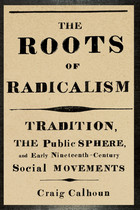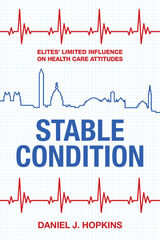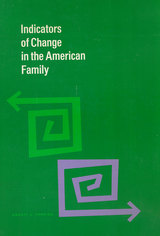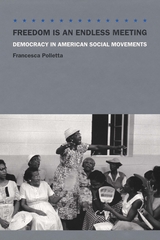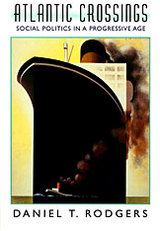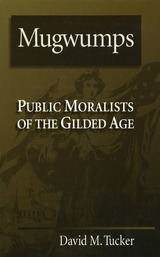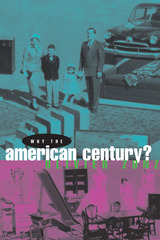The Last Half-Century: Societal Change and Politics in America
University of Chicago Press, 1978
Paper: 978-0-226-39307-0 | Cloth: 978-0-226-39306-3
Library of Congress Classification HN57.J2479
Dewey Decimal Classification 309.17309
Paper: 978-0-226-39307-0 | Cloth: 978-0-226-39306-3
Library of Congress Classification HN57.J2479
Dewey Decimal Classification 309.17309
ABOUT THIS BOOK | AUTHOR BIOGRAPHY | TOC
ABOUT THIS BOOK
The Last Half-Century represents the culmination of a lifetime of scholarship by Morris Janowitz. In this comprehensive and systematic analysis of the major trends in American society during the past fifty years, he probes the weakening of popular party affiliations and the increased inability of elected representatives to rule. Centering his work on the crucial concept of social control, Janowitz orders and assesses a vast amount of empirical research to clarify the failure of basic social institutions to resolve our chronic conflicts.
For Janowitz, social control denotes a society's capacity to regulate itself within a moral framework that transcends simple self-interest. He poses urgent questions: Why has social control been so drastically weakened in our advanced industrial society? And what strategies can we use to strengthen it again?
The expanation rests in part on the changes in social structure which make it more and more complicated for citizens to calculate their political self-interest. At the same time, complex economic and defense problems also strain an already overburdened legislative system, making effective, responsive political rule increasingly difficult.
Janowitz concludes by assessing the response of the social sciences to the pressing problem of social control and asserts that new forms of citizen participation in the government must be found.
For Janowitz, social control denotes a society's capacity to regulate itself within a moral framework that transcends simple self-interest. He poses urgent questions: Why has social control been so drastically weakened in our advanced industrial society? And what strategies can we use to strengthen it again?
The expanation rests in part on the changes in social structure which make it more and more complicated for citizens to calculate their political self-interest. At the same time, complex economic and defense problems also strain an already overburdened legislative system, making effective, responsive political rule increasingly difficult.
Janowitz concludes by assessing the response of the social sciences to the pressing problem of social control and asserts that new forms of citizen participation in the government must be found.
See other books on: America | Janowitz, Morris | Politics | Social change | Social institutions
See other titles from University of Chicago Press


